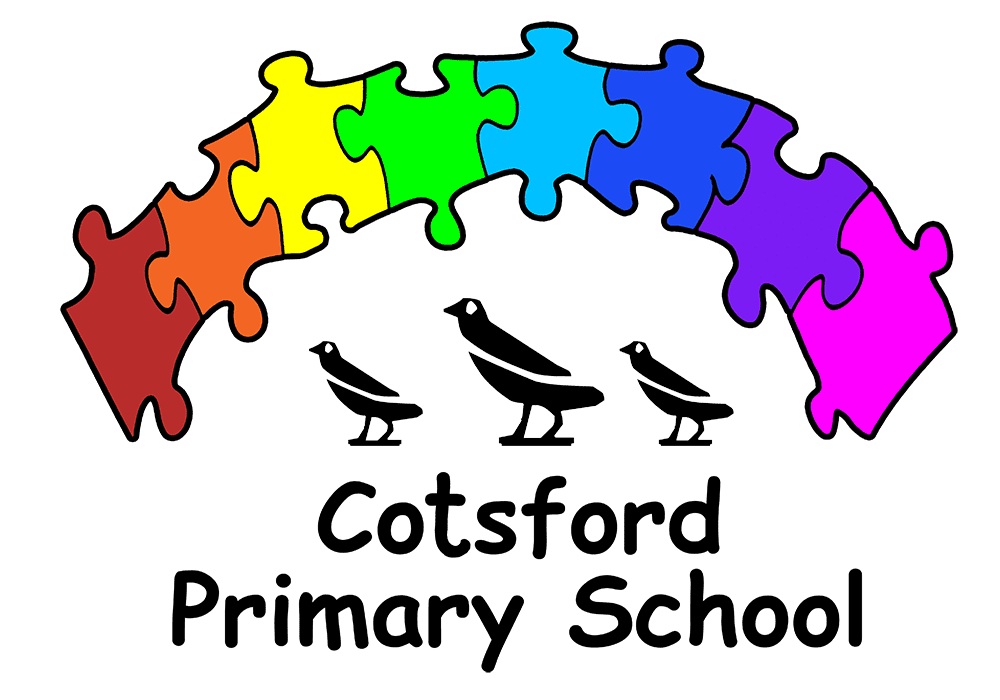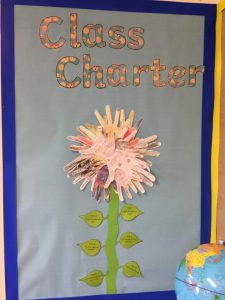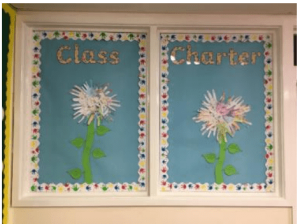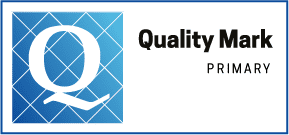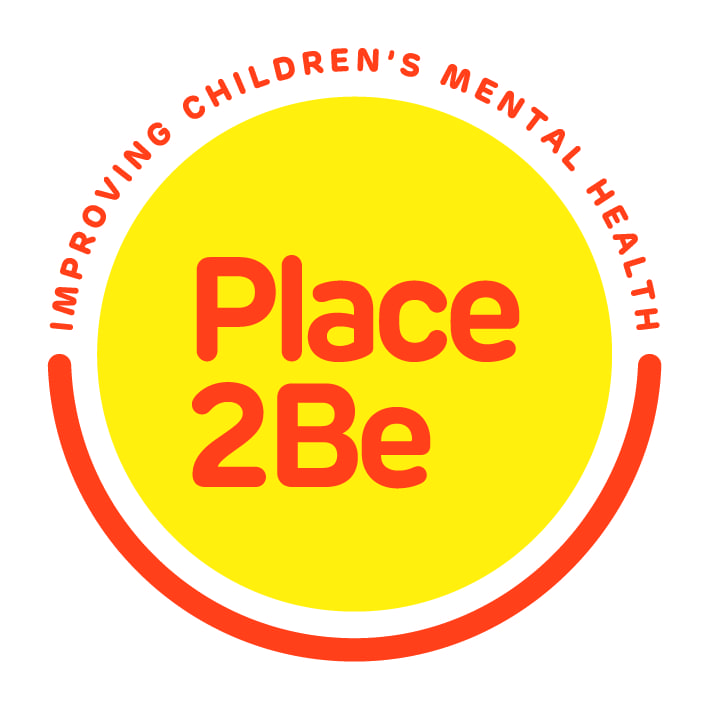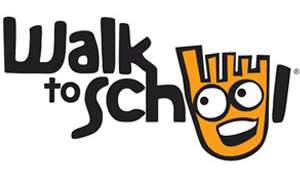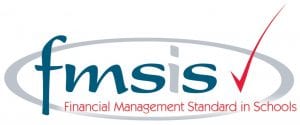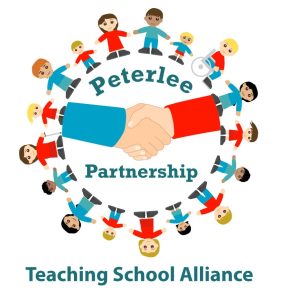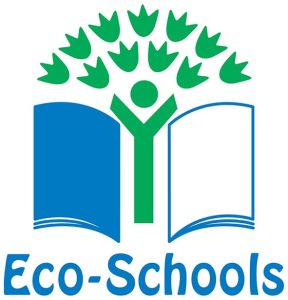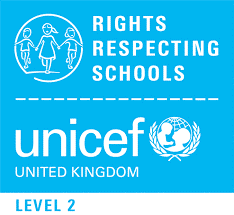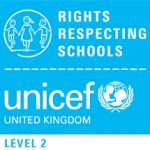 On the 20th November 1989 the world made a set of promises for every child on earth. The United Nations Convention on the Rights of the Child is an international statement of all of those promises.
On the 20th November 1989 the world made a set of promises for every child on earth. The United Nations Convention on the Rights of the Child is an international statement of all of those promises.
UNICEF protects and promotes those rights and the Rights Respecting Schools Award seeks to put the UN Convention on the Rights of the Child at the heart of a school’s ethos and culture to make sure that every child is healthy, educated, treated fairly and listened to. They also make sure that all children are protected from violence, abuse and exploitation.
The Award recognises achievement in incorporating the Convention into a school’s planning, policies and practice. A Rights Respecting School teaches child rights and models rights and respect in all its relationships – between teacher / adults and pupils, between adults and between pupils.
Being a Rights Respecting school has become part of our everyday school life and the Infant school were proud to have achieved Level 2 in January 2017.
How can parents support their child to learn about the Convention at home?
- Take the time to ask your child what he/she has learnt recently regarding children’s rights and how they may show respect for those rights.
- Discuss the ideas learned in class, and try to think of examples from your own experiences, or from the media, of rights being respected or denied.
- Discuss how your child or your family can promote respect for rights, or help those whose rights have been violated.
- Model using rights and respect language with your children.
- Ask your child’s opinion on children’s rights.
Please click on the link to read our Level 2 Reportt. For more information on the Rights Respecting school award please visit www.unicef.org.uk/rrsa
Classroom Charters
As part of our commitment to being a Rights Respecting School, we design and create our own classroom charters.
After discussing all of the articles, we pick those which were most important to us. Each class then creates their own charter based on the rights of a child and what the duty bearers can do to support children. Both staff and children understand their roles in following the charters and have all signed them in agreement. Please select this link to view the images of our Classroom Charters below:
Our School Charter is an agreement between children and adults in our school. They are shared values and principles based on the CRC. The children chose UNCRC articles which they felt was important to us. We then have agreed actions between all of the children and adults to ensure the rights can be realised and enjoyed by everyone.
We are Ambassadors and Thank You for your Support
Our RRS lead is Mrs Simpson and she works with The School Team to gather opinions, thoughts and suggestions from all pupils so that appropriate action may be taken to improve our school, and to organise events and fundraising to support our local, national and international communities and charities.
Some of the work we do and have done this year includes:
Fundraising & Charitable Donations
Children and Staff came together to enjoy lots of generously donated cakes and biscuits raising a fantastic £255.50 for Macmillan Caner Support.
[rl_gallery id=”5496″]
Pudsey Bear visited school and we had fun dressing up as Pusdey, in pyjamas or spots for Children in Need. Thunder family group decorated cupcakes and raised £88 towards our grand total of £230. Supporting a little closer to home, Rainbow family group also wrote to our school community asking for donations for the FEED (Food Emergency East Durham) food bank.
[rl_gallery id=”5497″]
Spring Term
Family groups this half term have been working on the ‘Rights’ of Paddington Bear. All children have been looking at different parts of the story of Paddington and discussing which rights he had and which rights he had been denied.
One activity was to identify 5 things you would take with you if you had to leave your home like Paddington.
[rl_gallery id=”5495″]
Autumn Term
Democracy has been a big focus in setting up the School Team. Each child voted for two people in each class to represent them in their ‘Right to express their View’ (Article 12 and 13). There has been several meetings held with the children to decide on a name (Article 7) for the group, decide on what they would like to play with on the yard (Article 31) and what rewards they would like to receive if they respect their ‘Right to an Education’ (Article 28).
All children had their ‘Right to Hang out with Friends’ (Article 15) respected when they created their own family groups. From this they then chose an adult and a name to work with. Each family group has focused on something to promote rights within school or in the wider community / world.
Several classes have explored the rights of various people through history, for example living in a castle, Guy Fawkes and soldiers during war. Reception children explored the rights of story characters i.e. The Gingerbread Man and Goldilocks and the Three Bears.
All children have been working within their family groups targeting different rights this term. Each group then prepared an assembly to explain their term’s work on rights. Some groups created pictures, PowerPoints, flipcharts and videos to promote their work on rights.
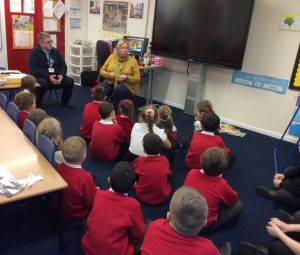
1 Road safety – children prepared a letter for the local councillor who visited the school to campaign for a rail outside the school entrance as children felt unsafe leaving the school gates at home time.
2. Safety and respect for the school building and outside – children have created posters to promote how to respect their rights and others at school.
3. Food – children created a letter to parents to promote the local foodbank asking for donations. The children realised that this should continue all year as the food bank needs supplies all the time.
[rl_gallery id=”5497″]
4. Name –children discussed the importance of a name and that using people’s names show a sign of respect. The children created a short video advocating the right to a name.
5 Education – children explored their right to an education and became more aware of the duty bearers role in promoting rights within their education. The group ensured class charters were created in every class. They also created pictures of a ‘perfect teacher’ who supports children with their education.
6. Play and hanging out with friends – children audited what resources were already in place for break and lunch times. The children researched equipment which would promote their right to play and hang out with their friends. Several companies came into school to pitch their ideas for the yard. ‘Wet playtime’ boxes were created to ensure children enjoyed indoor breaks.
7. Community and wider world – children decided they would like to be in charge of ideas for fundraising. The group created a letter to parents promoting ‘Children In Need’ and how they could raise money. They made cakes to sell and ensured children came in non-uniform for a donation. The children also discussed how they could promote rights within the community.
Some children attended a RRSA event with other schools to promote rights with the theme being 30 years of the UNCRC.
[rl_gallery id=”5490″]
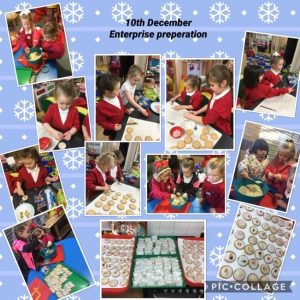
In December all classes discussed what they would like to make for the Winter Enterprise event. Chef Sarah McCallister worked with several classes to discuss expenses, profit margins followed by making several items i.e. bath bombs, chocolate lollipops and smoothies ready to sell. Other classes made reindeer dust, biscuits and sweet treats. As a school we raised £353.00 which, the children are going to decide which good causes the money goes to.
